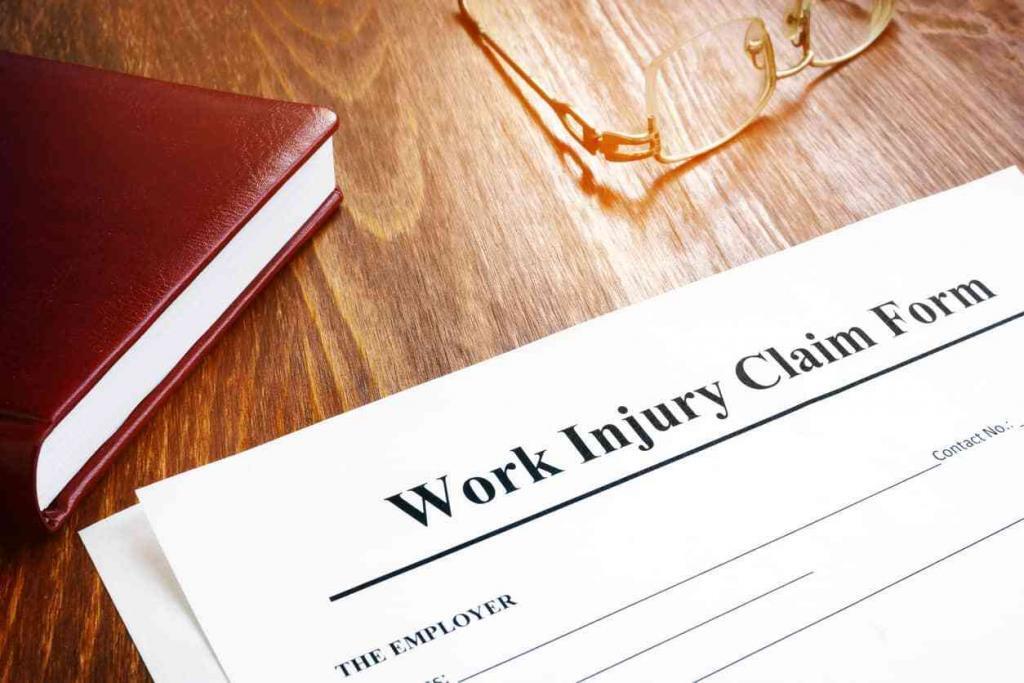Here’s how waiting too long to report an incident and file a work injury claim can end up costing you your benefits.
Like every other area of law, workers’ compensation also involves timelines. However, if you’ve been involved in a workplace injury, meeting deadlines are likely the furthest thing from your mind. Instead, the pressing question usually is – “How much is filing a case going to cost me and how am I going to arrange the money to pay for it?” Unfortunately, in order to get the compensation that you feel is justified, it is important to pay attention to timelines.

One reason many injured employees forfeit and lose the benefits they are entitled to is because of waiting too long to report the incident and filing the injury claim a little too late. This is why consulting with an experienced work injury lawyer is so important if you are injured on the job.
When Can You File a Workers’ Compensation Claim?
To file a claim for workers’ compensation, four conditions must generally be met.
- The injured party filing the claim is an employee
- The injury or medical condition suffered must be diagnosed by a medical practitioner
- The injury or illness is caused or sustained during the course of the employment
- The injured party has incurred an economic loss on account of the injury
The Process to Be Followed
When an employee sustains an injury on the job premises, he/she needs to notify their immediate supervisor or employer of the incident and inform them of the resulting injuries. This notification needs to be done in writing and should contain all relevant or required information. Consulting with an experienced workers’ compensation attorney will help ensure that you follow the correct process and avoid common mistakes.
Time Limits in Workers Compensation
Note that you generally have 30 days to report the injury and then 2 years to file a formal claim. Your lawyer will explain that these are two very different timelines and can make or break your claim. Like we mentioned above you need to notify your employer of the accident, but this should be done within 30 days.
At times, injuries take time to manifest and what may have been a minor accident could end up costing you seriously sometime in the future. In such cases, you are allowed 30 days from the moment you learned about the injury to report it to your employer duly. Failure to meet this timeline may forfeit your right to a workers’ compensation claim.
Depending on your company, there might be specific procedures that you need to follow or requirements you need to complete; adhere to these guidelines so as not to provide an opening for your employer to deny your benefits. Once your employer has been informed, your employing organization should notify the Missouri Division of Workers’ Compensation (DWC). DWC would then send you a written communication stating your rights to benefits.
The second deadline that you need to meet is filing a formal worker’s compensation claim. You have two years from the injury date to file a Claim for Compensation with the DWC. Additionally, if you were entitled to workers’ compensation benefits but were improperly terminated in the interim, you also have two years from the date of the last payment that you received to submit your claim.
If for some reason, your employer failed to report your accident and to DWC despite you sending them a notification within 30 days, you will generally be provided with three years from the date of your injury to file a claim.
Regardless of your situation, it’s important to get in touch with an experienced St. Louis workers compensation lawyer as soon as possible so you are on the right track to meeting important deadlines and improving your chances of getting compensation.
